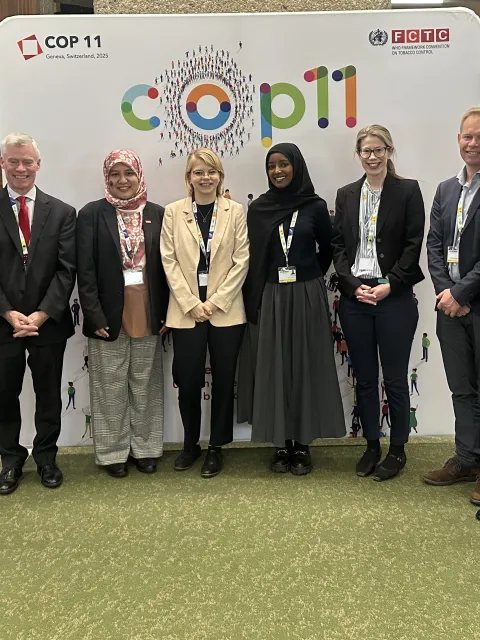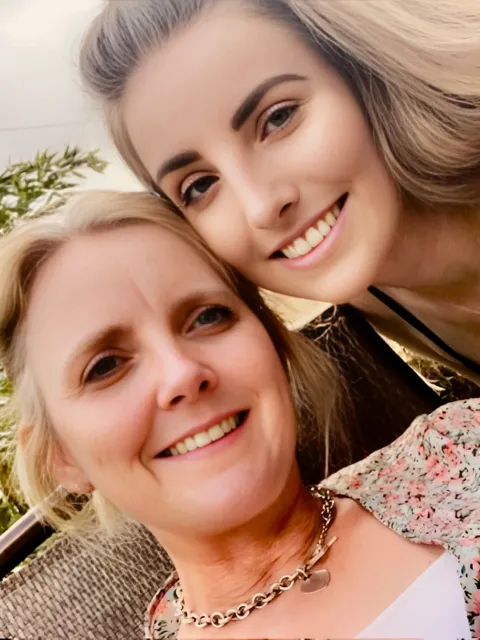A systemic shift to people-centred care to help close the health equity gap
People-centred care requires a system-wide shift of cancer care delivery, including universal health coverage and culturally sensitive health promotion, which could help bridge global health gaps, improving accessibility and outcomes.

HIGHLIGHTS
- The Lancet Global Health Commission aims to publish findings by 2027 on optimising people-centred care for universal health coverage.
- Experts highlight the importance of culturally sensitive health promotion in addressing fears, taboos, and misinformation about diseases like cancer.
- A tailored approach to cancer care, considering individual needs and beliefs, is key to bridging health disparities worldwide.
According to Sonali Johnson, Head of Knowledge, Advocacy and Policy at UICC, many health systems currently operate using a top-down approach. This makes them more rigid and structured, allowing little room for adaptation or change, creating the possibility that the needs of patients, providers and communities are not fully addressed.
A necessary pivot, according to WHO, is to design health systems that are designed for people rather than merely focused on treating the disease. This would allow for a renewed focus on how services are delivered.
By 2027, the Lancet Global Health Commission on People-Centered Care for Universal Health Coverage aims to publish its findings on how best to reconfigure health systems worldwide. They aim to ensure that they serve and engage with the people they’re designed for in a more effective, inclusive and comprehensive way.
“People-centred cancer care is about moving away from just focusing on treating the disease to looking at the person and their experience, their needs, their values, and their preferences. The way cancer shows up is different for everyone, and their care should reflect that,” says Johnson.
Culturally sensitive health promotion, for example, which responds to individuals' particular concerns about cancer beyond the disease, is a crucial aspect of people-centred care. Professor Ari Syam, Dean of the Faculty of Medicine at the University of Indonesia, a UICC member organisation, believes that better health education, for instance, can help properly manage the taboo and fear around a cancer diagnosis, which contribute to heightened stress and diminished quality of life, and undermines treatment adherence and recovery.
“If someone has not had access to the right information, either through lack of schooling or access to health professionals, they ask why we need to do chemotherapy after surgery,” he explains. “They think that surgery means everything is finished. Sometimes, they’ll refuse the next stage of treatment and seek homeopathic remedies instead. This is another factor as to why [our rates of cancer] are so high.”
Johnson agrees, saying that patients with cancer can be in vulnerable states and not always understand what’s being done to them. “There are many things that have an impact on [a patient’s] experience, including their health literacy. We should be asking them, how much do you know about cancer? How much do you know about the human body and how it works? And finding out how that new information interacts with their belief system. It’s all so important.”
Universal health coverage is another key element of effective people-centred care, providing a structural foundation by reducing the chances of financial toxicity, improving access to tailored cancer services for all populations, and increasing the opportunities for patients to express their needs and preferences.
According to the World Health Organization (WHO), by utilising people-centred care and integrated cancer services included in universal health benefit plans, health facilities can deliver high-quality, effective and comprehensive cancer care to patients.
Dr Arif Kamal is the Chief Patient Officer for the American Cancer Society, also a UICC member organisation. Kamal is responsible for leading the American Cancer Society’s patient support objectives and developing strategic plans to measurably improve the lives of people living with cancer and their families. He believes that preventative measures and people-centred approaches in health systems could make a world of difference to future cancer rates worldwide.
Kamal believes that considering the significant progress cancer care and research have made, there is more that can and should be done to allow patients’ care to have an individual focus and attention.
“We as care providers need to move beyond telling people what they should do, and provide practical guidance on how to make changes tailored to their specific context. That level of people-centred care is what’s going to help us bridge the gap.”
Johnson agrees, pointing out that just because a patient has cancer, it doesn’t mean a blanket type of treatment should be issued. “No one disease is cancer, so why do we homogenise all cancer patients? It's factually incorrect, and it doesn't reflect the range of life experiences and journeys that people have with cancer.”
Last update
Wednesday 19 February 2025
